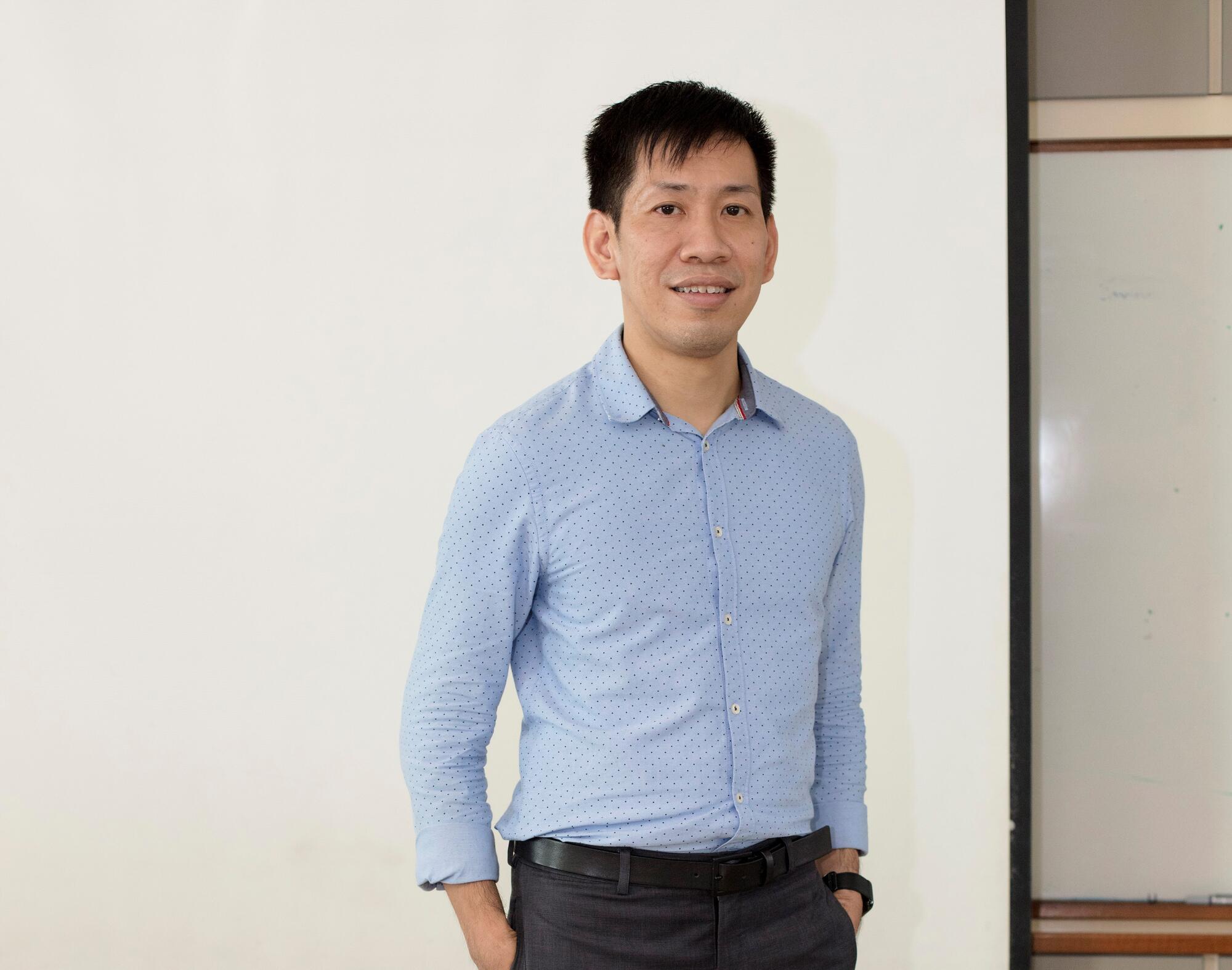Learning Through Action and Drama
05 May 2011
The pupils are out of their chairs and milling about in small groups around the classroom. All of a sudden, they freeze at the sound of a drumbeat.
Chaos then turn into choreography as one group of pupils responds to a verbal command by swiftly enacting a scene from a story. At the end of the tableau, the ‘actors’ freeze once more. The teacher then issues a fresh command and a different group thaws out to deliver another dramatic extract.
In another classroom, a pupil who has just wrapped up a presentation is listening to feedback from her classmates, who urge her to “speak louder next time” and “make eye contact with us.” With clear and constructive feedback, cultivating the ability to listen, understand and express is the goal of an integrated drama programme unique to Fuhua Primary School.
New words and new worlds
“Reading and writing skills are built on a child’s oral language ability,” says Mr John Low, a Teacher and Research Activist who led a team of teachers in piloting the drama programme in 2010. Originating as part of a Teach Less Learn More (TLLM) Ignite3 research project, the drama programme was jointly developed by Mr Low, Ms Deepa Naidu Ananda, Mdm Lim Chai Ying Angie, Mdm Mahiran Mohamed, Miss Lee Ling Ling and Miss Yee Cai Ying.
What distinguishes the drama programme at Fuhua Primary School, according to Mr Low, is that it is not an “add-on” element but an integral part of the English Language curriculum designed to expose children to new words and how they are spoken and used. This year, drama has been integrated into the Primary 1 and Pri 2 syllabus. Pri 1 pupils will get a taste of the stage in terms 3 and 4, when they have overcome their initial school jitters, while Pri 2 pupils will sink their teeth into six Big Books over three terms. With titles such as The Grasshopper and the Ant, Three Billy Goats Gruff, The Best Pet and Chinese Opera Games, Big Books are a series of reading materials selected by MOE to make reading an enjoyable and enriching experience for younger pupils under the STELLAR Curriculum [insert link to Stellar website].

There is order from chaos in the drama session as pupils enact various scenes and characters from familiar Big Book stories.
As the pupils become familiar with the stories, their teachers introduce a dramatic element to the lessons. From simply reciting lines from a book to acting out an entire portion of the story, the drama exercises encourage pupils to stretch both their imagination and vocal chords.
For instance, a teacher in the “Hot Seat” might engage the class in conversation as a character from a book. In “Freeze Frame”, it’s the pupils’ turn to get into character at a moment’s notice. And the story doesn’t have to end when the book concludes – a teacher could ask pupils to continue the tale with new scenes and plotlines of their own making.
For naturally shy pupils, it’s a chance to shed their timidity. “Being in character allows the children to overcome their shyness,” says Mr Low. “It also exposes them to new vocabulary and speech patterns as different characters have varied ways of speaking.”
Embracing armchair critics
Theatrical conventions can be unnerving to the novices, so teachers outline a set of expectations and guidelines before the drama begins. For instance, the pupils must agree to cooperate with their classmates and teachers and play their assigned roles wholeheartedly. And, when giving critique, they are reminded to focus on the particular characters in the story and not the individuals acting them.

Practising verbal skills as they discuss, negotiate and decide on how best to express themselves in role.
Each little acting troupe is assessed by both the teacher and their classmates, using rubrics such as vocal volume, expressiveness, body language, eye contact and clarity. “The pupils are trained to give constructive feedback, not judgements,” says Ms Deepa Naidu Ananda. The English teacher reveals that instead of feeling threatened by feedback, many pupils “welcome comments so that they can improve their skills.”
Personifying this sentiment, Sonia Laudi, a Pri 3 pupil who took part in the pilot drama sessions last year, declares, “I like it when my friends tell me how I can improve myself, for example, in my voice, expressions and acting.”
To support the school’s integration of drama into the curriculum, 23 teaching staff underwent six weeks of training earlier this year. Led by a lecturer from the National Institute of Education (NIE), the teachers learnt ways to creatively tell a story through soundscapes that evoke moods or use games to generate dialogue and context.
Putting on his Research Activist hat, Mr Low sees great potential for drama to “be scaled up to include every level”, as it spurs not just literary skills but also a child’s imagination, self-confidence and other life-skills. It’s a vision shared by the school, which plans to introduce drama to Pri 3 English classes next year.
Sonia offers an emphatic thumbs up to the experience. Always the first to volunteer for roles during the drama sessions, Sonia delights in “becoming different characters and acting as them”.
On his part, Sonia’s classmate Mohammad Zaki has come a long way from the previous year, when he was reluctant to speak up before his class. Now he is bold enough to welcome public visitors to the school’s ExCEL Fest booth at Suntec City, a feat he readily credits to the pilot drama sessions, stating, “I learnt to speak better because of drama lessons!”







